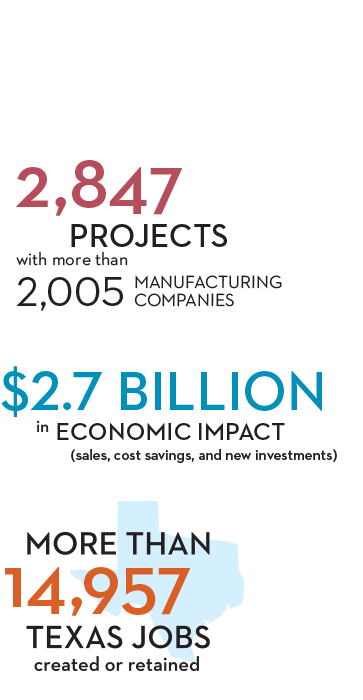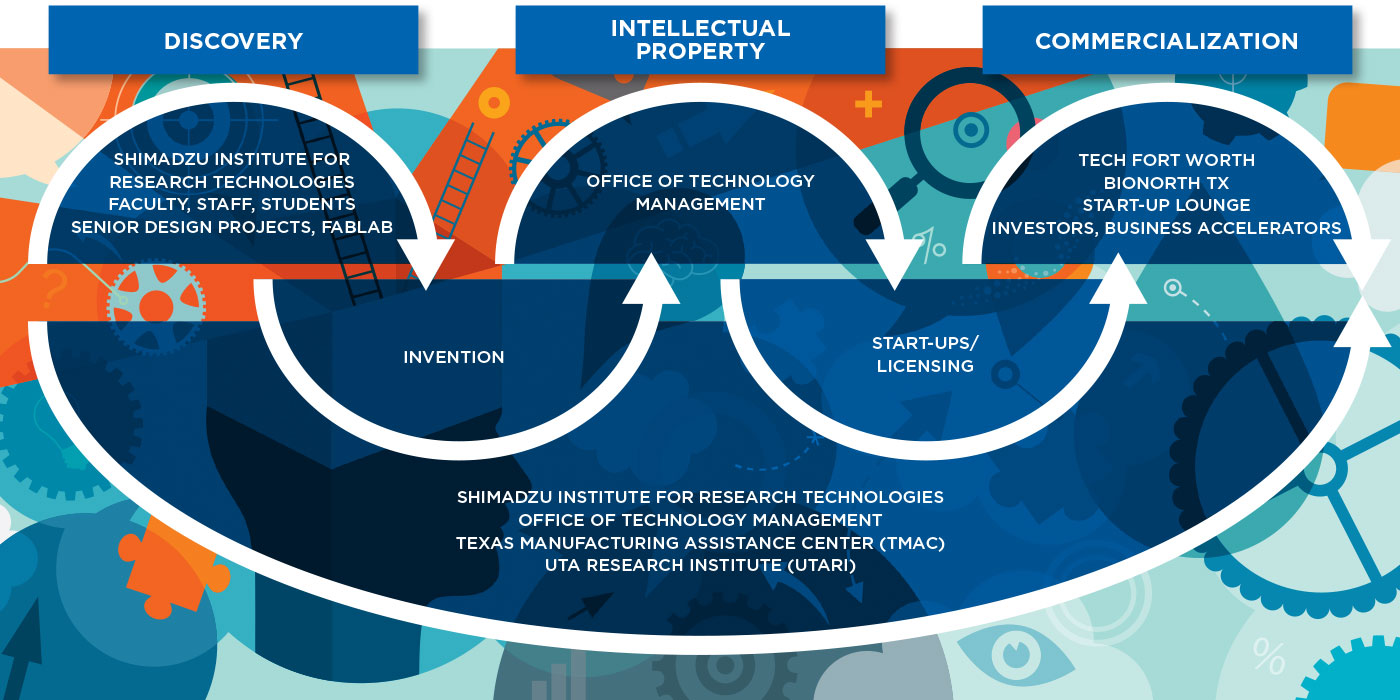Winter 2016: Energy Evolution
From carbon dioxide conversion to landfill mining, researchers at UTA are seeking viable alternative energy options.
Skip to content. Skip to main navigation.
From carbon dioxide conversion to landfill mining, researchers at UTA are seeking viable alternative energy options.
Found in everything from space shuttles to dental fillings, composite materials have thoroughly infiltrated modern society. But their potential is still greatly untapped, offering researchers ample opportunity for discovery.
Within the particle showers created at the Large Hadron Collider, answers to some of the universe’s mysteries are waiting.
Model systems like pigeons can help illuminate our own evolutionary and genomic history.
UT Arlington's tiny windmills are bringing renewable energy to a whole new scale.
The stability of our highways, pipelines, and even manholes is reaching a breaking point.
Scientists believe they have discovered a subatomic particle that is crucial to understanding the universe.
UT Arlington researchers unlock clues to the human body’s most mysterious and complex organ.
UT Arlington researchers probe the hidden world of microbes in search of renewable energy sources.
Wounded soldiers are benefiting from Robert Gatchel’s program that combines physical rehabilitation with treatment for post-traumatic stress disorder.
Tiny sensors implanted in the body show promise in combating acid reflux disease, pain and other health problems.
Nanotechnology researchers pursue hybrid silicon chips with life-saving potential.
Biomedical engineers combat diseases with procedures that are painless to patients.
Purnendu dasgupta’s friends call him “Sandy.” His fellow researchers, however, call him a “patent-making machine.”
In recent years, the Hamish Small Chair in Ion Analysis and Jenkins Garrett Professor of Chemistry and Biochemistry has invented and commercialized a number of devices, including three parts integral to chromatograph machines, which are used to analyze the content of complex mixtures for applications as varied as forensic testing and nuclear power generation. Annual sales of chromatographs surpass $2 billion worldwide.
“We have developed a long-term relationship with ThermoFisher Scientific to support taking our discoveries right through to the commercialization phase where they can benefit society,” says Dr. Dasgupta. “More than 15 of my inventions are licensed to ThermoFisher, which also benefits the University financially every year.”
Dasgupta is just one example of how The University of Texas at Arlington is developing an elaborate entrepreneurship ecosystem to support faculty, students, alumni, and community inventors.
“UTA is committed to taking ideas out of the laboratory and into the marketplace to improve people’s lives,” says President Vistasp Karbhari. “We are actively working with faculty, students, and our own alumni to build a strong entrepreneurship culture with the necessary support systems to ensure inventors can really succeed.”
Over the past five years, more than 100 patents were issued to UTA faculty and over 25 technologies licensed to outside companies. Some 60 faculty and students are currently working on start-ups and over 20 companies are developing around UTA.
To reinforce this innovation pipeline, the University offers a proactive patenting and licensing office and support for prototyping, development, and business consulting for start-ups.
The Office of Technology Management works with UT System’s Horizon Fund to support start-up companies on campus and has set up a partnership with a UTA alumna in Silicon Valley to match the technology developed within the University with investors and corporate partners. This relationship has already succeeded in licensing a chemical process developed by Kevin Schug, UTA’s Shimadzu Distinguished Professor of Analytical Chemistry, that safely disposes of controlled substances and other unused medications.

Over the past five years, TMAC has generated real value for the Texas economy
In addition, through the UTA Research Institute (UTARI) and the Texas Manufacturing Assistance Center (TMAC), the University provides support for prototyping, development, and business consulting right through to the marketing and commercialization of faculty members’ ideas.
One company that took advantage of this consulting is TechComb LLC, which won a grant from the National Science Foundation’s Small Business Innovation Research (NSF SBIR) program to develop a modular, reconfigurable robot learning kit to increase interest in STEM subjects among K‑12 students. Aditya Das, senior research scientist at UTARI, developed the core technology.
“With TechComb, UTARI is supporting technologies developed at UTA, but we are also very actively supporting alumni and small companies that need the capacities of a large university to achieve their commercialization goals,” says Mickey McCabe, UTARI’s executive director.
For example, UTA alumnus and Lumion Labs owner Scott Evans is in the final stages of testing and evaluating an environmentally friendly field analyzer developed by Dasgupta and Dr. Das that can measure arsenic levels in water.
“These cases—TechComb and Lumion Labs—demonstrate the role of UTA in helping develop a start-up ecosystem and providing resources that enable bringing ideas into the market,” Dr. McCabe says.
Through all these programs, resources, and initiatives, UTA is driving the socio-economic progress of the region. In Texas, more than 98 percent of companies are small or mid-sized businesses, providing 45 percent of the state’s employment. The start-ups that originate at UTA clearly contribute to that growth.
“UTA sees a great opportunity to add to the economic vitality of our region and the world by making sure that our best ideas reach the market,” says President Karbhari. “We will continue to make it as easy as possible for entrepreneurs to be successful, and our dean of engineering and new provost are developing a plan to expand these capacities to make an even greater impact.”
